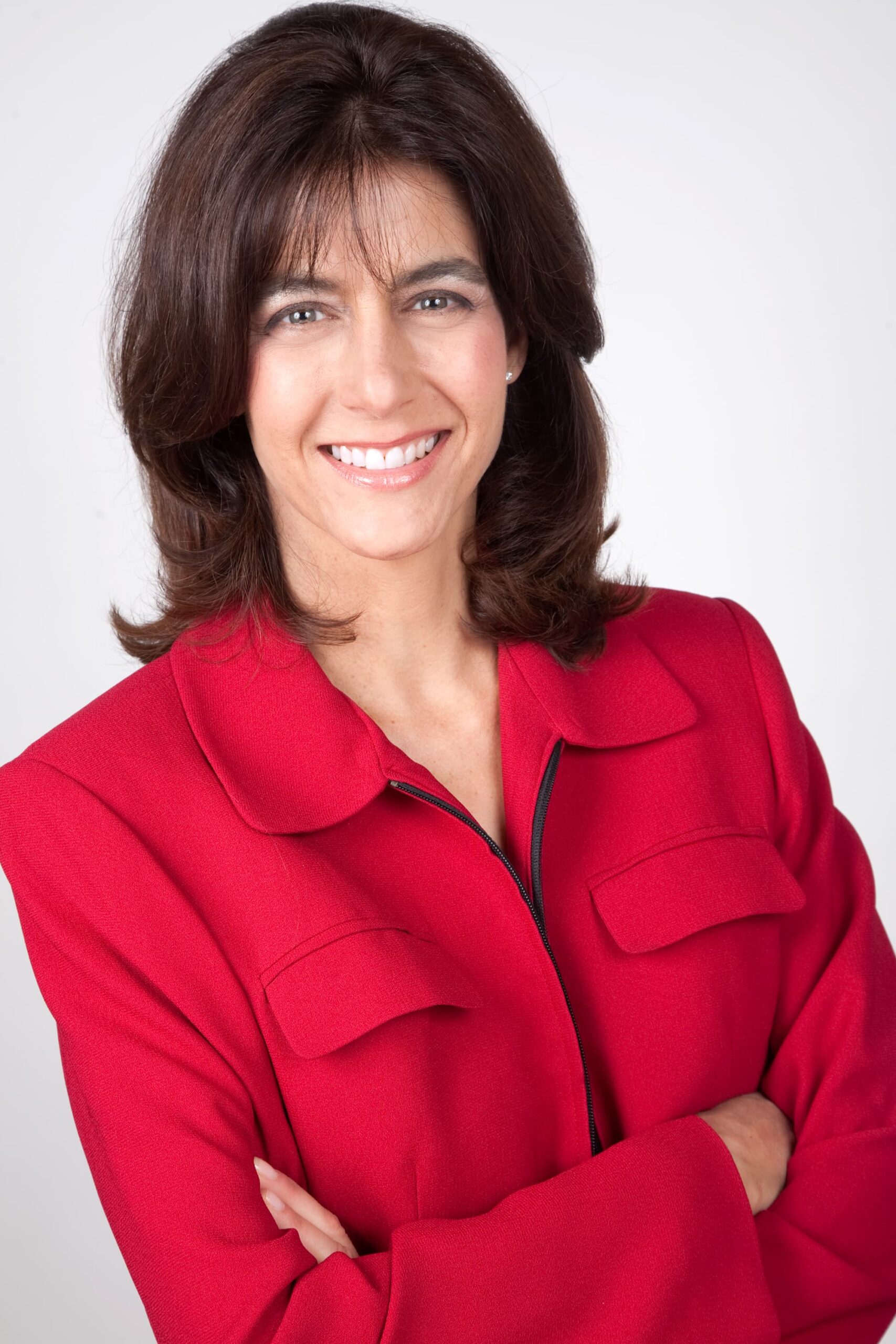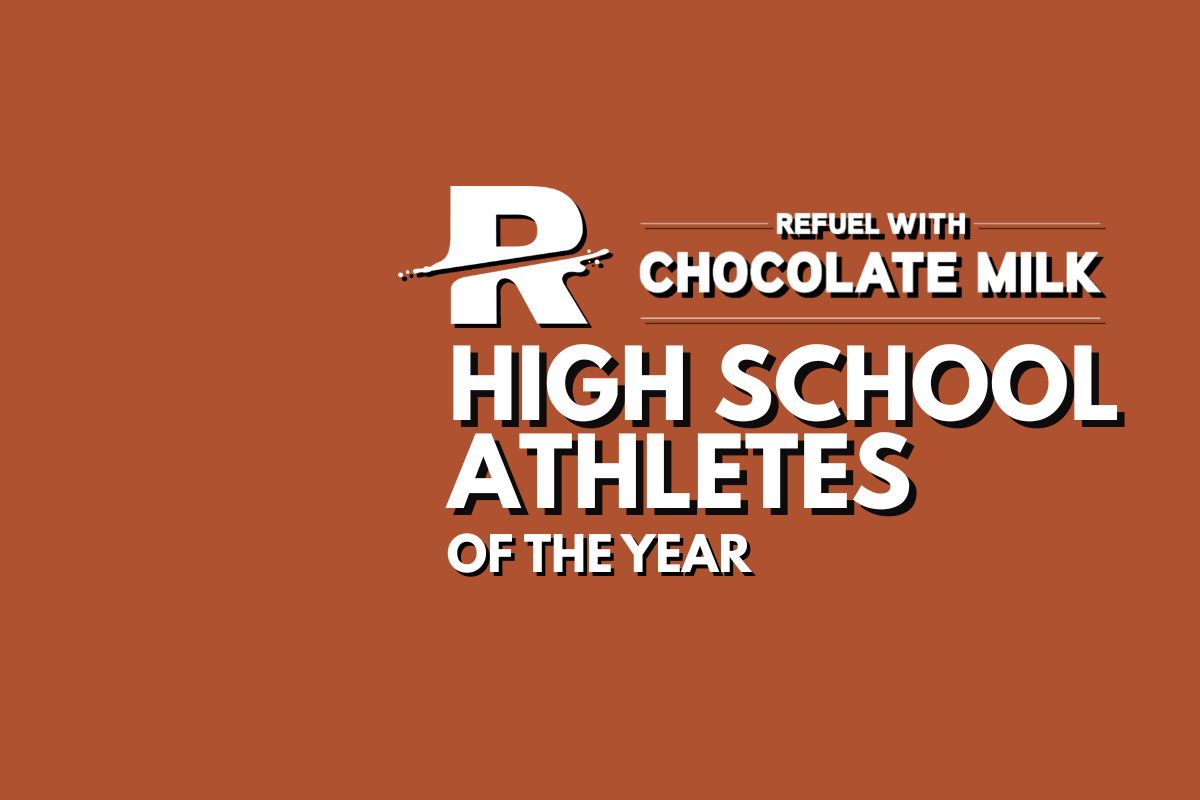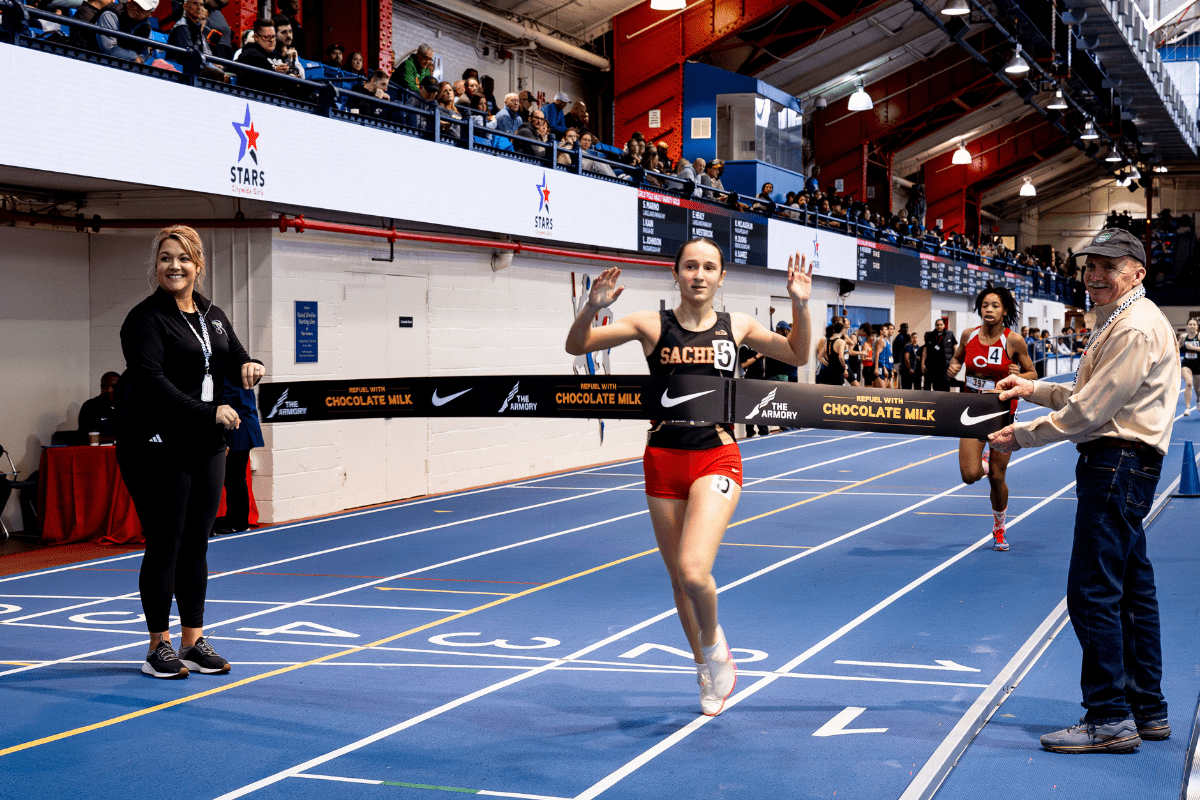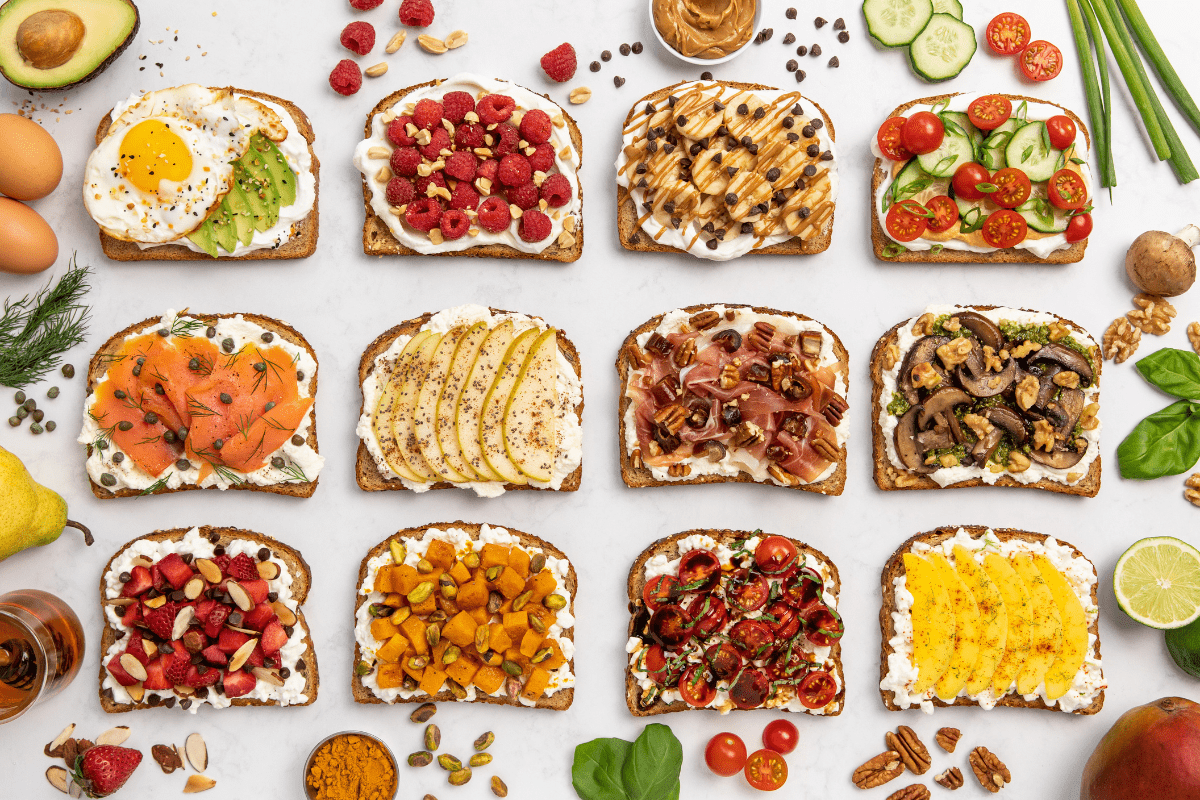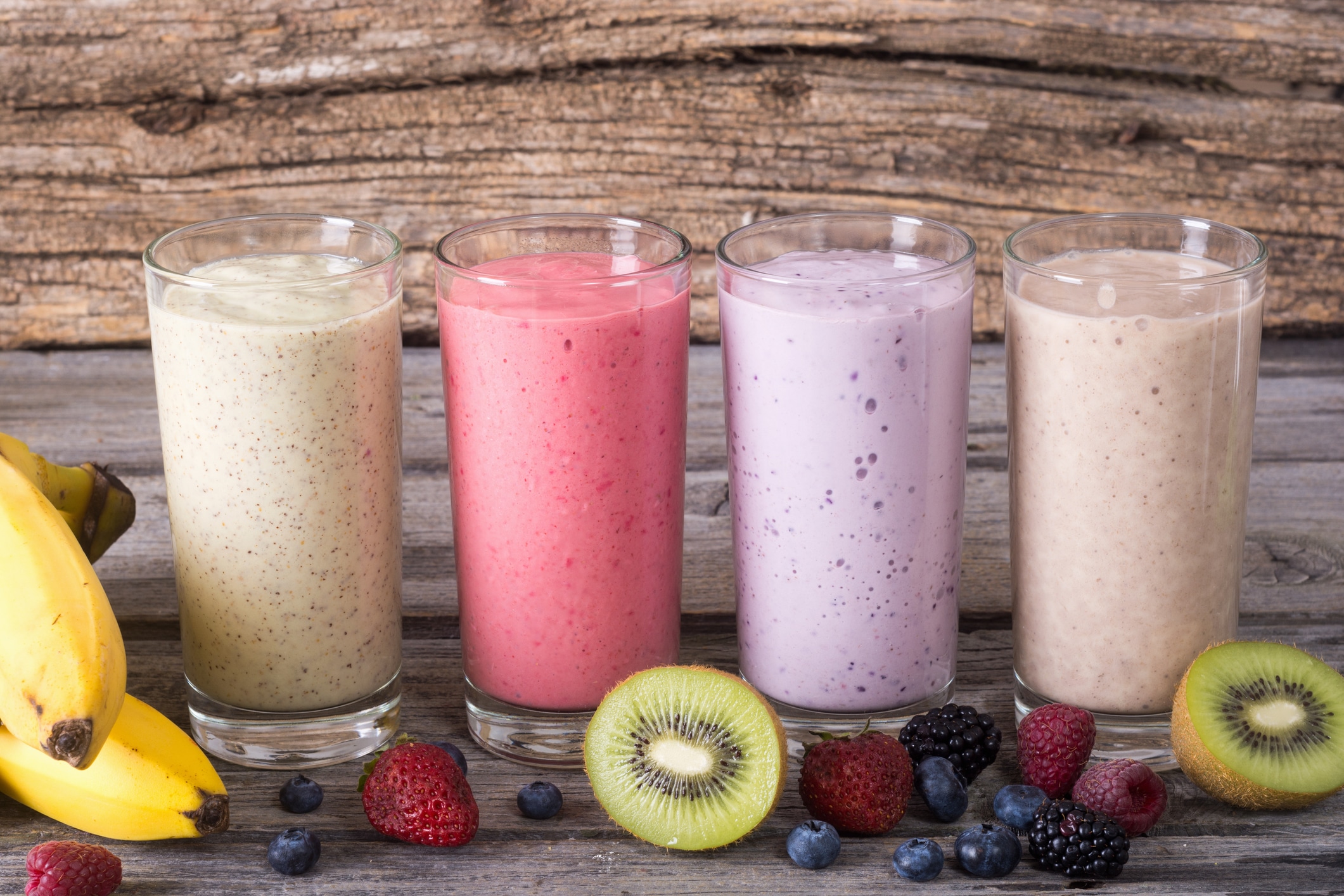Do you believe everything you read in the media? In today’s world of social media and sensationalized messages, athletes are bombarded with information about the best foods, the best supplements and the best way to improve athletic performance. It can be overwhelming for even the most knowledgeable athletes. That’s why it’s important to read past the headlines and recognize evidence-based-information vs. myths and misinformation.
That’s why it’s important to read past the headlines and recognize evidence-based-information vs. myths and misinformation. In this article, you will learn more about the following:
- How to Become More Media Savvy
- Reliability and Credibility
- Clickbait and Exaggeration
- Anecdotes vs. Science
- Does the Headline Match the Conclusion?
- Myths vs. Facts
Bottom Line
Being an educated consumer starts with media literacy. Follow these steps each time you read or hear a message so you can determine for yourself if what you are reading is worth sharing.
References:
- https://www.hsph.harvard.edu/nutritionsource/media/
- http://www.menusofchange.org/images/uploads/pdf/What_Builds_Strong_Evidence_on_Diet_and_Health_FINAL1.pdf
- https://foodinsight.org/hot-off-the-presses-5-key-takeaways-for-evaluating-nutrition-in-the-media/
- https://www.wellworksforyou.com/blog/health-and-nutrition-articles/
- https://journals.plos.org/plosone/article?id=10.1371/journal.pone.0168217
- https://examine.com/nutrition/awful-nutrition-myths/
- https://www.georanker.com/correlation-vs-causality-differences-and-examples
- https://www.climbingnutrition.com/nutrition-myths/problems-with-anecdotal-evidence/
- http://www.bamco.com/blog/wellness-tips-bon-appetit-looking-beyond-headlines-evaluate-nutrition-research/
- https://healthyteens.us/doing-health-media-literacy/#more-637
- https://nccih.nih.gov/health/know-science/make-sense-health-research?page=1
- https://www.medialit.org/sites/default/files/connections/media%20literacy%20and%20nutrition.pdf

